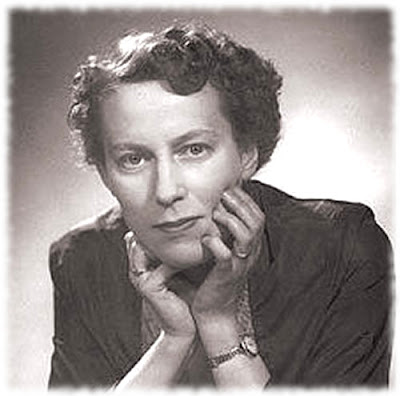Twit quote of the week
 'Britten was a twit but, man, could he write music' from Jerry Bowles' post on Sequenza21 which links Beirut and Benjamin Britten's War Requiem - now that's an original idea.
'Britten was a twit but, man, could he write music' from Jerry Bowles' post on Sequenza21 which links Beirut and Benjamin Britten's War Requiem - now that's an original idea.Image is from the excellent musical clip at Arthursclipart.com Any copyrighted material on these pages is included as "fair use", for the purpose of study, review or critical analysis only, and will be removed at the request of copyright owner(s). Report broken links and other errors to - overgrownpath at hotmail dot co dot uk
If you enjoyed this post take An Overgrown Path to Culture is remix ...










Comments
'Jerry probably meant (charitably) that Britten was a Brit...'
To really work for me the War Requiem needs to be a performamce event in a suitable venue. After all it was written to be performed in a cathedral. I often find conventional concert hall performances a bit sterile.
Colin Davis' 2004 Proms performance was very fine - appropriate venue for the forces, a wonderful conductor, and an electric atmosphere. But I have also heard fine performances outside London in venues such as Ely Cathedral using semi-professional forces.